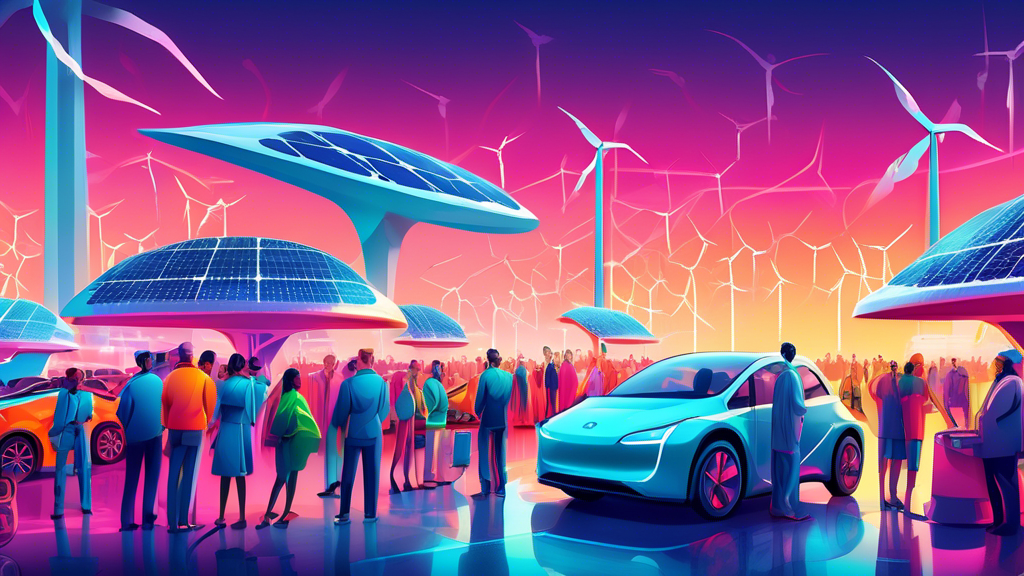
The Future of the Used Electric Car Market
The used electric car market is poised for significant growth in the coming years, driven by the rapid expansion of the new electric vehicle (EV) sector. As consumers become more environmentally conscious and government policies increasingly favor green energy, the demand for EVs has surged. This trend is expected to cascade on the second-hand EV market, presenting unique opportunities and challenges for consumers, manufacturers, and policymakers.
Increasing Availability of Used Electric Vehicles
One of the primary factors influencing the used EV market is the increasing availability of these vehicles. As more people buy new electric cars, the inventory of used models grows. This is particularly relevant as the first generation of modern EVs, launched in the early 2010s, begins to hit the used car market in more significant numbers. Furthermore, many electric vehicles are coming off leases, adding to the pool of available used EVs.
Depreciation and Affordability
A significant aspect of the used EV market is how these vehicles depreciate. Initially, electric cars tended to depreciate faster than their internal combustion engine counterparts, mainly due to concerns over battery life and technology obsolescence. However, as battery technology advances and consumer confidence in EV durability grows, this trend is beginning to change. Used EVs are becoming more desirable, not only for their environmental benefits but also for their lower operational costs, such as reduced fuel and maintenance expenses. This makes electric vehicles increasingly affordable and attractive to a broader range of buyers.
Impact of Technology and Battery Life In Used Electric Car
The future of the used EV market heavily depends on advancements in battery technology and the overall lifespan of these vehicles. Early concerns about the longevity of EV batteries and the high cost of replacement have been mitigated by improvements in technology and the establishment of battery refurbishing and recycling programs. As a result, the residual value of used electric cars is improving, making them a more viable option for second-hand purchasers. Additionally, software updates can significantly extend the utility and desirability of older EV models, further enhancing their market value.
Challenges and Opportunities
While the used electric car market is set for growth, several challenges must be addressed. The availability of charging infrastructure, particularly in less urbanized areas, remains a concern for potential EV buyers. However, ongoing investments in charging networks are gradually alleviating these apprehensions.
Another issue is the lack of standardized information about the condition of used EV batteries, making it difficult for consumers to assess the value and longevity of a second-hand electric vehicle. Initiatives such as battery health certificates are being explored to solve this problem.
On the other hand, the growing used electric car market opens up opportunities for new business models, including dedicated EV dealerships, financing options tailored to electric vehicles’ unique aspects, and innovative after-sales services focused on battery health and vehicle software updates.
Conclusion
The future of the used electric car market looks bright, with growing consumer interest, technological advancements, and supportive policy environments contributing to its expansion. As the sector matures, it will be crucial to make sustainable transportation accessible to a broader audience, significantly contributing to global efforts to combat climate change. However, addressing the market’s existing challenges will be essential to fully realizing its potential. Stakeholders across the automotive industry, from manufacturers to regulators, must collaborate to navigate these hurdles and capitalize on the opportunities presented by the burgeoning second-hand EV market.
